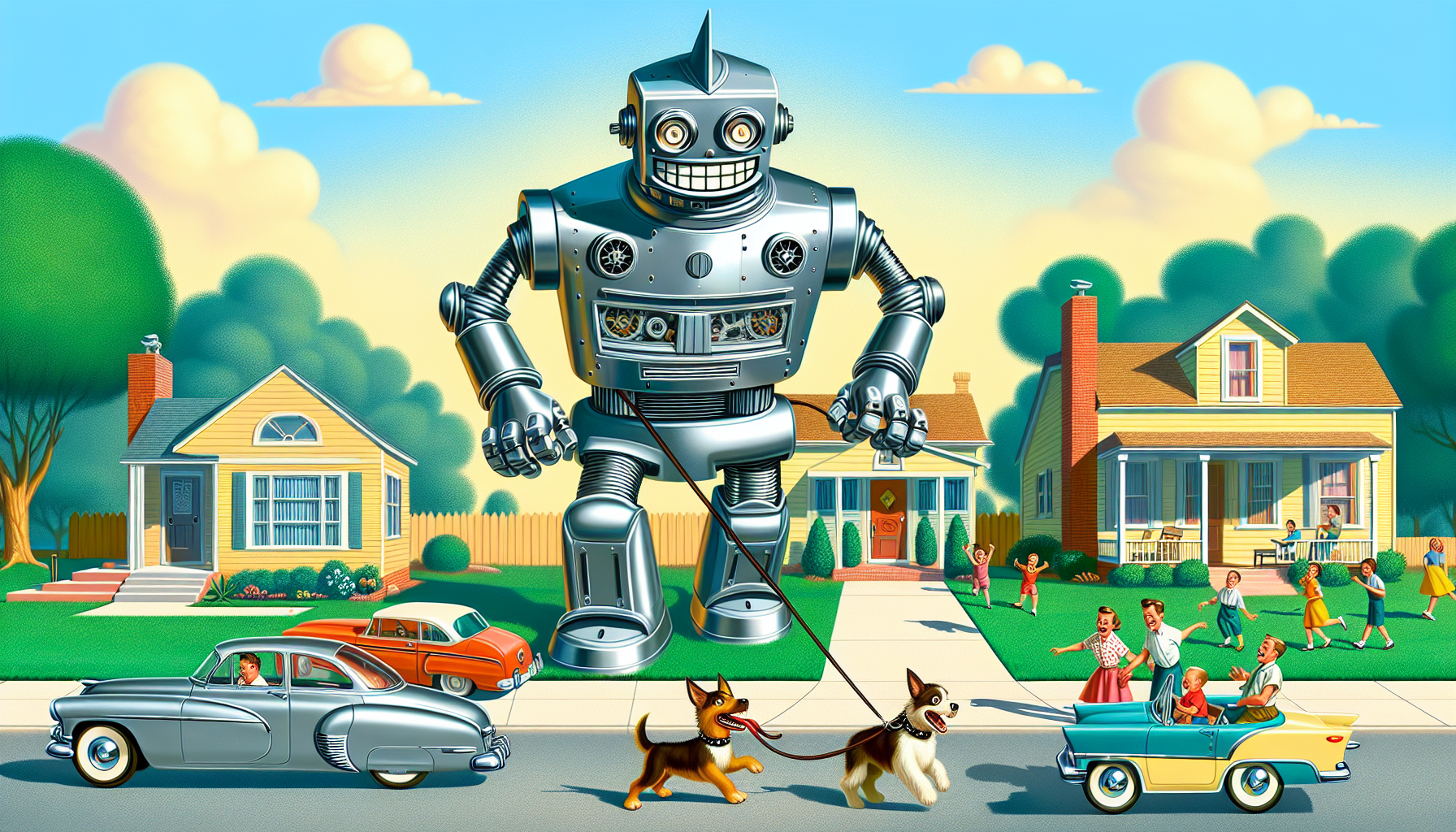OpenAI's Codex and Microsoft's AI Vision: Transforming Software Development and Cross-Company Collaboration
May 19, 2025

AI Test Agents, what they are and how they work exactly
Agentic AI, or AI Testing Agents, represents a cutting-edge advancement in technology, assisting businesses by monitoring and testing application performances to identify and optimize issues, akin to assistants like Siri and Alexa but with a focus on testing. Guy Arieli, Co-founder and CTO of BlinqIO, emphasizes how these agents manage AI variability and enhance operational efficiencies, although challenges like resource-intensive testing and the development of standardized protocols remain. Successful integration of Agentic AI involves clear objectives, thoughtful planning, technical setup, pilot testing, and ongoing support. Industries such as customer service, healthcare, finance, and e-commerce are currently gaining substantial benefits from AI, highlighting the versatility and transformative potential of AI technology in enhancing business efficiency and customer satisfaction. The article also distinguishes between conversational AI agents, designed for natural language interactions, and functional AI agents focused on specific tasks, emphasizing the diverse applications of AI solutions in improving business processes. (Source)
OpenAI launches Codex, a new AI coding agent for software development
OpenAI has launched Codex, an AI-powered coding agent available as a research preview to select ChatGPT subscribers, aiming to redefine AI's role in software development. Built on the specialized codex-1 model, it facilitates tasks like bug fixing and test writing by connecting to GitHub and operating in a cloud-based sandbox. Emphasizing security, Codex works in an isolated environment with advanced monitoring to prevent misuse. Despite current limitations, such as lack of support for image inputs and real-time user intervention, companies like Cisco and Superhuman are already utilizing it to enhance workflows. OpenAI plans to expand access and introduce a payment system as demand rises, amid a growing market for AI coding assistants. (Source)
Microsoft CTO Unveils AI Vision for Cross Company Collaboration
Microsoft’s CTO Kevin Scott has outlined the company’s vision for an interconnected future of AI agents, emphasizing cross-organizational collaboration and improved memory capabilities ahead of Microsoft Build 2025. Speaking from Redmond, he discussed efforts to standardize AI interactions and unveiled backing for the Model Context Protocol (MCP), an open-source standard by Anthropic that aims to create an "agentic web" much like the 1990s internet expansion. Additionally, Microsoft is developing structured retrieval augmentation to enhance AI memory through efficient information recall, comparing it to human cognitive processes. These advancements signal Microsoft's commitment to open technologies and set the stage for future innovation in AI systems before their annual developer conference on May 19. (Source)
Accelerators on autopilot
AI is revolutionizing particle accelerators, with inspiration drawn from AI-driven space telescopes like the James Webb Space Telescope. Verena Kain leads CERN's Efficient Particle Accelerators project, leveraging AI at scale to enhance the LHC's functionality. AI techniques such as reinforcement learning, Bayesian optimization, and transformers are optimizing beam steering, injection processes, and compensating for power grid fluctuations, demonstrating significant improvements over traditional manual methods. These advancements aim to reduce human intervention and maintenance by integrating smart, fully automated systems, ultimately transforming the way accelerators are designed, operated, and maintained. (Source)
The 5 AI Agents You Need to Streamline Your Business Operations & Save Time
AI automation is revolutionizing business processes by enabling companies to save time, reduce costs, and improve efficiency, allowing teams to focus on strategic goals and innovation. Key AI tools include browsing automation, which simplifies repetitive online tasks like data collection; content creation tools that generate tailored marketing materials quickly; communication automation to enhance customer interactions; document analysis to reduce manual reviews and ensure compliance; and research automation for informed decision-making. By integrating these AI-driven solutions, businesses can enhance operational accuracy, remain competitive, and unlock new growth opportunities. (Source)
